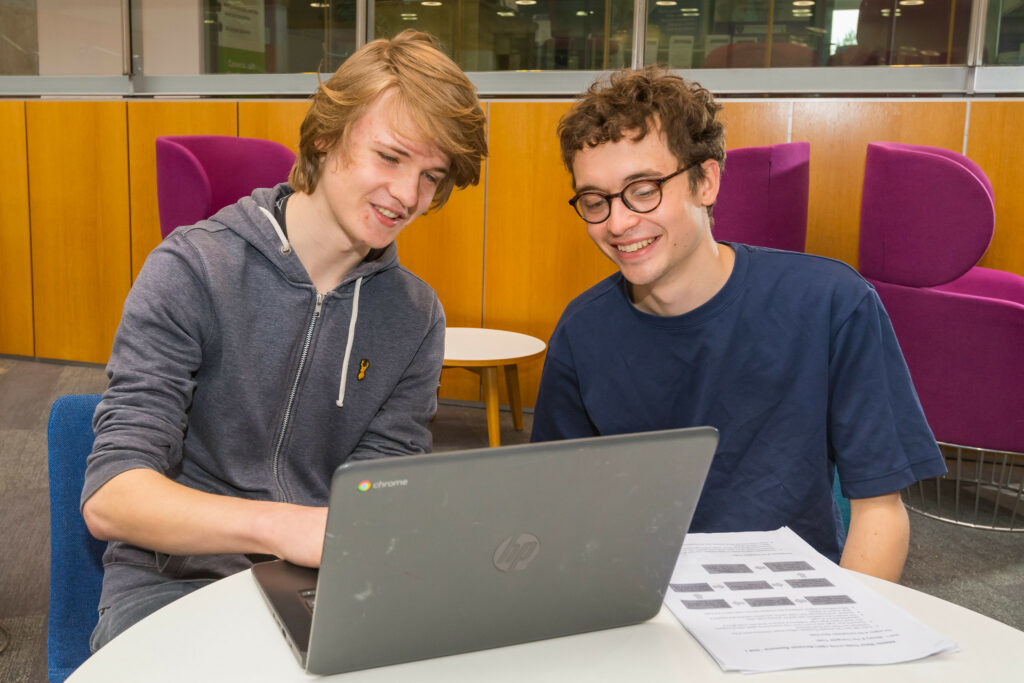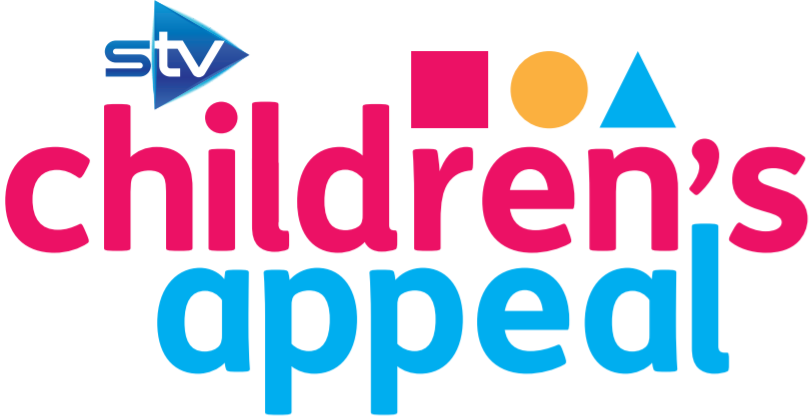
The STV Children’s Appeal joined local partners in funding the flagship Enhanced Learning Tutoring Initiative (ELTI) project, a tutoring initiative established in 2020 designed to bridge the attainment gap. Read on to learn about its impact.
The release of a new report evaluating the impact of a large-scale tutoring initiative in Scotland, provides compelling evidence of the positive impact of tutoring in two critical areas: engaging the disengaged and tackling the poverty-related attainment gap.
Findings in the report draw on the transformative experiences of students enrolled in the groundbreaking Enhanced Learning Tutoring Initiative (ELTI), the largest project of its kind in Scotland.
Established in 2020 by QMU’s Widening Participation and Outreach Team and funded by STV Children’s Appeal and local partners including Midlothian and East Lothian councils, ELTI offered new hope for young learners facing socio-economic hurdles.
During the peak of the pandemic, research from mentoring organisation MCR Pathways indicated that the closure of schools was exacerbating the poverty-related attainment gap in Scotland.
Disadvantaged and care-experienced young people had fewer educational resources at home, less access to private tuition than their wealthier counterparts, and increased stress and anxiety levels.
The ELTI programme targeted high school students working towards National 4, National 5, or Higher qualifications. The aim was to empower these students to reach their academic potential by offering high-quality tutoring sessions and fostering positive, nurturing relationships. As a time-limited funded programme, it was designed as a pilot to prove the value of such tutoring.
MCR Pathways research also showed that 68% of Scotland’s most underprivileged young individuals reported doing no schoolwork during lockdown. Almost half of them perceived the materials as too challenging, 43% cited stress and anxiety as major obstacles to their learning and one in four had caregiving responsibilities that hampered their ability to engage in remote learning.
The evaluation report reveals a boost in students’ confidence levels and that, in a supportive tutoring environment, they feel more at ease making mistakes and posing questions they might shy away from in a traditional classroom setting.
Academically, 70% maintained or improved their predicted exam performance as a result of participating in ELTI. The unhurried atmosphere of tutoring was appreciated by students, with over 80% expressing a willingness to participate in tutoring again. Beyond individual advantages, tutoring has a ripple effect in the classroom, reducing the demand on teachers’ time while fostering a peer-to-peer support system.
The Head of the STV Children’s Appeal, Natalie Wright, said: “Helping young people to achieve is the foundation of the STV Children’s Appeal, so we were delighted to support ELTI – a creative solution to the educational inequalities that impact some young people’s potential to thrive.
“We welcome this report, which shows ELTI has been a transformative project, enabling those involved to improve their quality of learning, increase their confidence and enhance future life prospects, whilst also empowering young adult tutors. It’s extremely rewarding to see that a project that we’ve supported has had such a positive, life-changing impact.”
ELTI Project Lead Lisa Vettese Cruden said: “ELTI has developed from its initial ‘emergency response’ to the Covid-related school closures and the impact these had on education. The longer-term impact of Covid on learning and engagement in education is still being felt and the need for extra support for some of our more vulnerable young people is as great as ever. School attendance is at an all-time low and ELTI has shown that tutoring can work as a tool to help re-engage young people in education, encouraging them back into school and back towards positive destinations. Having developed the programme over the four years it has run, we now have delivered an effective working model which can be shared and adopted by others to enable delivery of an equitable provision of tutoring across Scotland.”



